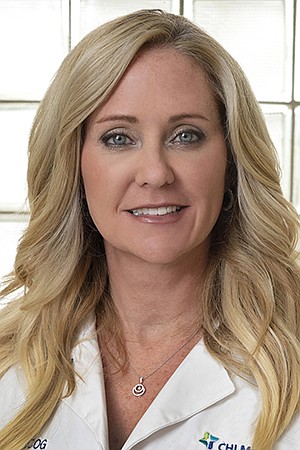Q: How does a woman's need for gynecological care change with age?
A: The gynecologic health-care needs of women are varied and can include dramatic shifts over the course of their lives.
Teens who have gone through puberty can experience the same symptoms as women of any age. Obstruction, painful, irregular periods and polycystic ovarian syndrome (PCOS) are all present in teens and can have negative consequences on a young woman's quality of life and overall health.
A teenager is a woman when she goes through puberty, and that's how she should be treated. There's a different level of invasiveness to consider with the teen population. Doctors are more selective about when to do a physical exam and other procedures like Pap smears before age 21.
Women who are in their prime childbearing years usually have a gynecologist or OB/GYN. Teenagers and women who are post-menopausal don't always get referred quickly for an evaluation when they are experiencing problems. They often live with symptoms they don't recognize as abnormal without knowing there are things that can be done to screen for possible life-threatening conditions and greatly improve quality of life.
Women who are post-menopausal (they have not had a period for 12 consecutive months) and who experience bleeding may not seek care because they think it is a continuation of menopause. Any bleeding after menopause or irregular or heavy cycles is cause for an evaluation.
Post-menopausal bleeding could indicate the presence of endometrial cancer. Most bleeding, however, is due to benign causes like polyps that can be easily removed, but there's no way to differentiate without a procedure. In many cases, symptom relief is immediate.
Sometimes women discontinue seeing a gynecologist after they've gone through menopause or if they are young enough to not have an established relationship with a physician they trust. But recommendations for common screenings like Pap smears and mammograms are changing rapidly, and women may be missing key screenings that are vital to their health and well-being.
- Emily F. Evitt, M.D., CHI Memorial Women's Health Associates; member, Chattanooga-Hamilton County Medical Society
